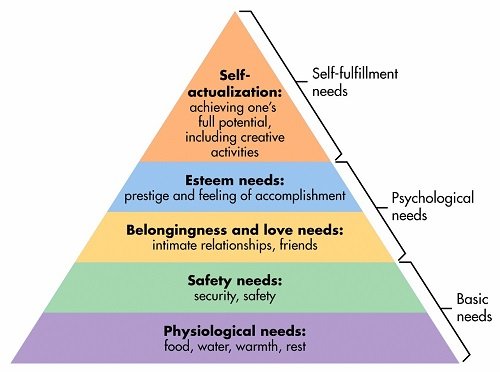Understanding Discretionary Authority: A Comprehensive Guide

Discretionary authority grants decision-making power and flexibility to individuals or entities. This authority allows for subjective judgments in specific situations, deviating from strict regulations. What is discretionary authority? It empowers those in control to adapt to varying circumstances and exercise judgment as needed. This concept plays a crucial role in many organizational structures, enabling efficient and practical decision-making processes. Understanding the nuances of discretionary authority is essential for navigating complex regulatory environments.
Understanding Discretionary Authority
What is Discretionary Authority?
Welcome to our blog post all about discretionary authority! Have you ever heard of those two words before? If not, don’t worry! We’re here to explain everything you need to know in a super fun and easy way. So, let’s dive right in and discover what discretionary authority is all about!
Exploring the Meaning of Discretionary Authority
Discretionary authority might sound like a big, complicated term, but it’s actually quite simple once you break it down. Discretionary authority refers to the power or freedom given to someone to make decisions based on their judgment in a particular situation. Imagine you are playing a game, and you get to decide the rules as you go along – that’s a bit like having discretionary authority!
Where is Discretionary Authority Found?
Discretionary authority can be found in many different areas of our lives. For example, teachers have discretionary authority when they decide how to teach a lesson, police officers have it when deciding how to handle a situation, and even parents have it when making choices for their families.
Government and Discretionary Authority
In the world of government, discretionary authority plays a significant role. Government officials, like the president or lawmakers, often have the power to make decisions without specific rules guiding them. This can be both a good thing and a challenging thing, as it allows for flexibility but also raises questions about accountability.
Why Discretionary Authority Matters
Understanding discretionary authority is essential because it helps us see how decisions are made and who is responsible for making them. It also shows us the balance between following rules and being able to adapt to different situations. So, the next time you see someone making a decision, think about whether they are using their discretionary authority!
What is Discretionary Authority?
Frequently Asked Questions
What does discretionary authority mean?
Discretionary authority refers to the power or right granted to an individual or entity to make decisions based on their own judgment and without specific rules or guidelines dictating the outcome. It allows decision-makers to use their expertise and discretion to choose the most appropriate course of action in a given situation.
How is discretionary authority different from mandatory authority?
Discretionary authority provides flexibility in decision-making as the individual has the freedom to choose among various options, while mandatory authority requires strict adherence to predefined rules or regulations without room for interpretation or choice.
Who typically has discretionary authority in an organization?
Managers, supervisors, and executives often possess discretionary authority within an organization. This authority enables them to make subjective decisions based on their experience, expertise, and understanding of the organization’s goals and values.
Can discretionary authority be abused?
While discretionary authority is intended to empower decision-makers to act in the best interest of the organization, there is a risk of it being misused or abused. It is essential for individuals with discretionary authority to exercise it responsibly and ethically to avoid potential negative consequences.
Final Thoughts
Discretionary authority empowers individuals to make decisions based on their judgment and expertise. It allows for flexibility and adaptability in various situations. Understanding what is discretionary authority is crucial for effective decision-making. Organizations must define clear guidelines to ensure proper use of discretionary authority. When utilized correctly, discretionary authority can lead to innovative solutions and improved outcomes.







